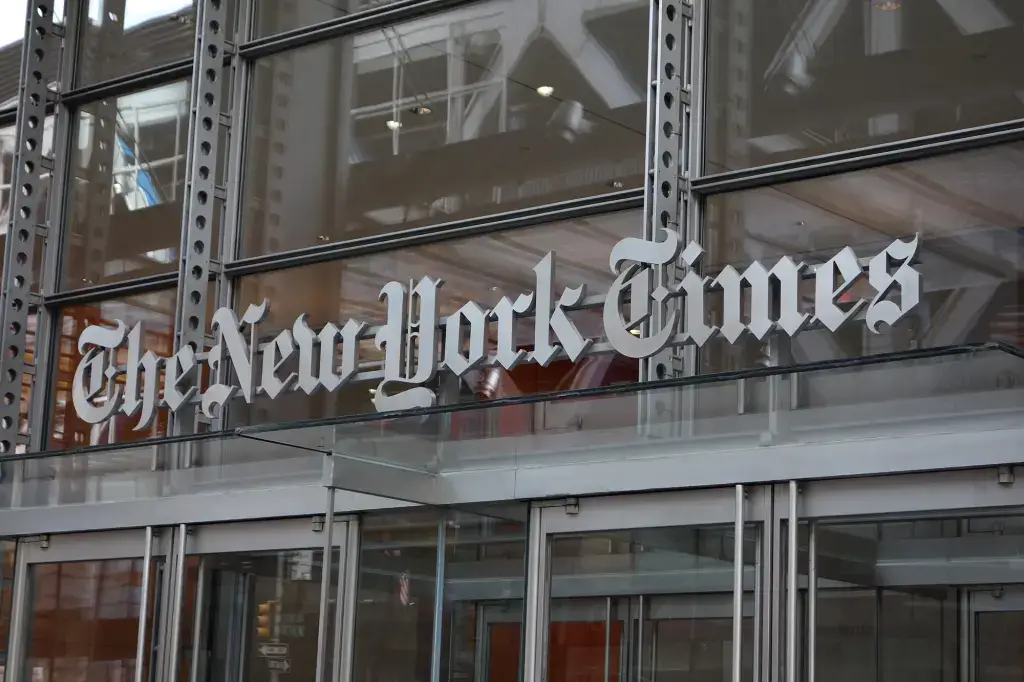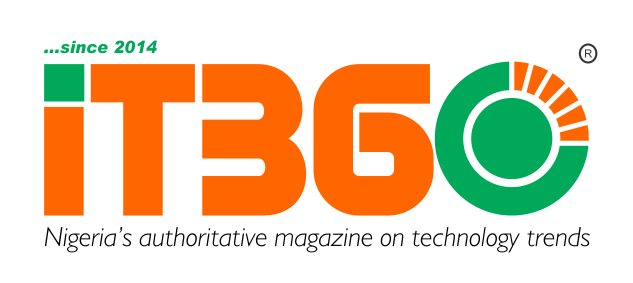US news organisation The New York Times is suing ChatGPT-owner OpenAI over claims its copyright was infringed to train the system.
The lawsuit, which also names Microsoft as a defendant, says the firms should be held responsible for “billions of dollars” in damages.
ChatGPT and other large language models (LLMs) “learn” by analysing a massive amount of data, often sourced online.
The BBC has reached out to Microsoft and OpenAI for comments.
The lawsuit claims “millions” of articles published by the New York Times were used without its permission to make ChatGPT smarter and claims the tool is now competing with the newspaper as a trustworthy information source.

It alleges that when asked about current events, ChatGPT will sometimes generate “verbatim excerpts” from New York Times articles, which cannot be accessed without paying for a subscription.
According to the lawsuit, this means readers can get New York Times content without paying for it, meaning it is losing out on subscription revenue as well as advertising clicks from people visiting the website.
The Bing search engine, which uses ChatGPT for some of its features, was also used as an example. It generated results from a New York Times website without including a link to the story or the referral links that Bing needs to generate revenue.
Microsoft has invested over $10 billion (£7.8 billion) in OpenAI.
The lawsuit, filed on Wednesday in a Manhattan federal court, reveals the New York Times unsuccessfully approached Microsoft and OpenAI in April to seek “an amicable resolution” over its copyright.
Multiple lawsuits
It comes a month after a period of chaos at OpenAI, where co-founder and CEO Sam Altman was sacked—and then rehired—over the course of a few days.
His sacking shocked industry insiders and led to staff threatening mass resignations unless he was reinstated.
But as well as the internal issues, the firm is now facing multiple lawsuits filed in 2023.
A collection of US writers, including George RR Martin and John Grisham, the authors of the Game of Thrones series, filed a similar copyright infringement lawsuit in September.
That came after comedian Sarah Silverman filed a lawsuit in July, and that same month, writers Margaret Atwood and Philip Pullman signed an open letter requesting that AI companies pay them for using their creations.
And OpenAI is also facing a lawsuit alongside Microsoft and programming site GitHub from a group of computing experts who argue their code was used without their permission to train an AI called Copilot.
As well as these actions, there have been many cases brought against developers of so-called generative AI—that is, artificial intelligence that can create media based on text prompts—with artists suing text-to-image generators Stability AI and Mid-journey in January, claiming they only function by being trained on copyrighted artwork.
None of these lawsuits have yet been resolved.

